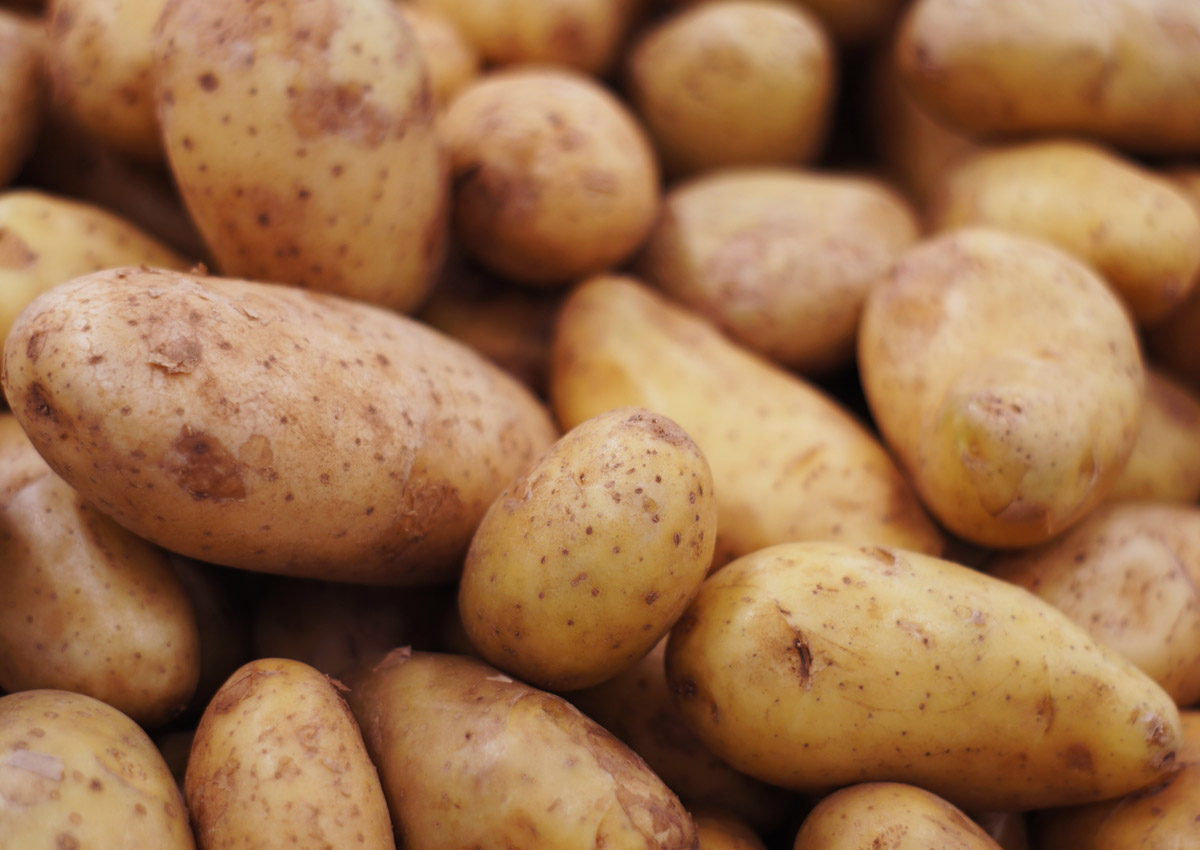
Chinese Scientists Discover Universal Key to Solve Self-Incompatibility of Potatoes
January 19, 2022| |
Potatoes, the third most important staple food crop in the world consumed by approximately 1.3 billion people, are mostly tetraploids, carrying four copies of chromosome sets, which complicates breeding efforts to introduce new traits. Diploid potatoes, however, are self-incompatible with the problem of inbreeding depression.
Researchers from the Agricultural Genomics Institute at Shenzhen, Chinese Academy of Agricultural Sciences (AGIS, CAAS) worked on developing a hybrid potato breeding system for years. Converting the potato from a tuber-propagated tetraploid crop into a seed-propagated diploid crop through crossing inbred lines is crucial to address challenges associated with global food security.
Dr. Huang Sanwen's lab at AGIS, with Yunnan Normal University, discovered a self-compatible diploid potato, RH89-039-16 (RH), which can efficiently induce a mating transition from self-incompatibility to self-compatibility. The scientists identified a non-S-locus F-box (NSF) gene in RH that is identical to the Sli gene (S-locus inhibitor) and capable of interacting with multiple allelic variants of S-RNases, functioning as a general S-locus inhibitor to introduce SC to both RH and other self-incompatible lines. The discovery of Sli offers a new and effective path for the development of hybrid diploid potatoes.
For more details, read the news article on the CAAS website.
| |
Biotech Updates is a weekly newsletter of ISAAA, a not-for-profit organization. It is distributed for free to over 22,000 subscribers worldwide to inform them about the key developments in biosciences, especially in biotechnology. Your support will help us in our mission to feed the world with knowledge. You can help by donating as little as $10.
-
See more articles:
-
News from Around the World
- Community of Experts Presents Progressive Regulatory Approaches for Animal Biotech
- Kenyan Livestock Farmers Appeal for Importation of GM Animal Feeds
- Discovery Finds Plants Rely on CLASSY Gene Family to Diversify their Epigenomes
- Gene Discovery to Make Superman Sorghum that Resists Broad Spectrum of Fungi
- Researchers to Develop Roundworm-Resistant Sweet Potatoes
- HKU Scientists Discover Mechanisms to Make Salt Tolerant Soybeans
- APAARI Presents Lessons on GM Maize Adoption from the Philippines
- US Supports Further Research of Bt Eggplants in Bangladesh, Philippines
-
Research Highlights
- Chinese Scientists Discover Universal Key to Solve Self-Incompatibility of Potatoes
- Researchers Produce Quinoa Hybrids Thanks to Genome Sequencing
-
Plant
- CRISPR-based Tool Reverses Insecticide Resistance in Fruit Flies
- South African Seed Growers Appeal for NBT Not to be Regulated as GMOs
-
Read the latest: - Biotech Updates (February 18, 2026)
- Gene Editing Supplement (January 28, 2026)
- Gene Drive Supplement (February 22, 2023)
-
Subscribe to BU: - Share
- Tweet

